Description
Vitamin E: The Essential Antioxidant You Need to Know
Vitamin E. You’ve probably heard of it, likely associated with healthy skin and hair. But this powerhouse nutrient is much more than a beauty booster. It’s an essential fat-soluble vitamin playing a critical role in protecting your cells from damage and contributing to overall health. Let’s delve into the world of vitamin E, exploring its benefits, sources, and how to ensure you’re getting enough.
What is Vitamin E and Why is it Important?
Vitamin E isn’t actually a single compound, but rather a group of eight different fat-soluble compounds with antioxidant properties. Among these, alpha-tocopherol is the most active form in humans. Its primary function is to act as a potent antioxidant, neutralizing harmful free radicals in the body.
Free radicals are unstable molecules that can damage cells, contributing to chronic diseases, aging, and inflammation. Vitamin E, by donating an electron to these free radicals, stabilizes them and prevents them from wreaking havoc. This antioxidant action is crucial for several reasons:
- Cell Protection: Vitamin E safeguards cell membranes from oxidative damage, preserving their integrity and function.
- Immune Function: It supports a healthy immune system by protecting immune cells from oxidative stress and enhancing their activity.
- Heart Health: By preventing the oxidation of LDL cholesterol (“bad” cholesterol), vitamin E may help reduce the risk of heart disease. Oxidized LDL cholesterol is a key player in plaque buildup in arteries.
- Skin Health: While anecdotal evidence abounds, Vitamin E may support skin health by protecting it from UV damage and promoting wound healing.
- Eye Health: Some studies suggest that vitamin E, in combination with other antioxidants, may help reduce the risk of age-related macular degeneration (AMD).
Sources of Vitamin E: Where to Find it in Your Diet
The good news is that vitamin E is readily available in a variety of foods. Incorporating these into your diet is a great way to boost your intake:
- Vegetable Oils: Wheat germ oil is particularly rich, followed by sunflower, safflower, and soybean oils.
- Nuts and Seeds: Almonds, hazelnuts, peanuts, sunflower seeds, and pumpkin seeds are excellent sources.
- Green Leafy Vegetables: Spinach, broccoli, and other leafy greens offer a decent amount.
- Fortified Foods: Some cereals, juices, and margarines are fortified with vitamin E.
How Much Vitamin E Do You Need?
The recommended daily allowance (RDA) of vitamin E for adults is 15 mg (22.4 IU) of alpha-tocopherol. Most people can obtain this amount through a balanced diet.
Vitamin E Deficiency: Who is at Risk?
While rare, vitamin E deficiency can occur in individuals with certain medical conditions that affect fat absorption, such as:
- Cystic fibrosis
- Crohn’s disease
- Abetalipoproteinemia
Symptoms of vitamin E deficiency may include muscle weakness, vision problems, nerve damage, and impaired immune function.
Vitamin E Supplements: Should You Take Them?
For most healthy individuals, a balanced diet should provide sufficient vitamin E. However, certain populations might benefit from supplementation, but it’s crucial to consult with a healthcare professional before starting any new supplement regimen.
Important Considerations Regarding Supplementation:
- Dosage: High doses of vitamin E supplements can potentially interfere with blood clotting and may increase the risk of bleeding, especially in people taking blood thinners.
- Form: Choose supplements containing natural vitamin E (d-alpha-tocopherol) over synthetic forms (dl-alpha-tocopherol). Natural forms are better absorbed and utilized by the body.
- Interactions: Vitamin E can interact with certain medications, including blood thinners and cholesterol-lowering drugs. Always inform your doctor about all supplements you are taking.
In Conclusion:
Vitamin E is an essential antioxidant that plays a vital role in protecting your cells, supporting your immune system, and contributing to overall health. By incorporating vitamin E-rich foods into your diet, you can ensure you are getting enough of this crucial nutrient. While supplementation may be beneficial for certain individuals, it’s important to consult with a healthcare professional to determine the appropriate dosage and assess any potential risks or interactions. Prioritize a balanced diet rich in whole foods as the foundation for optimal health and well-being.






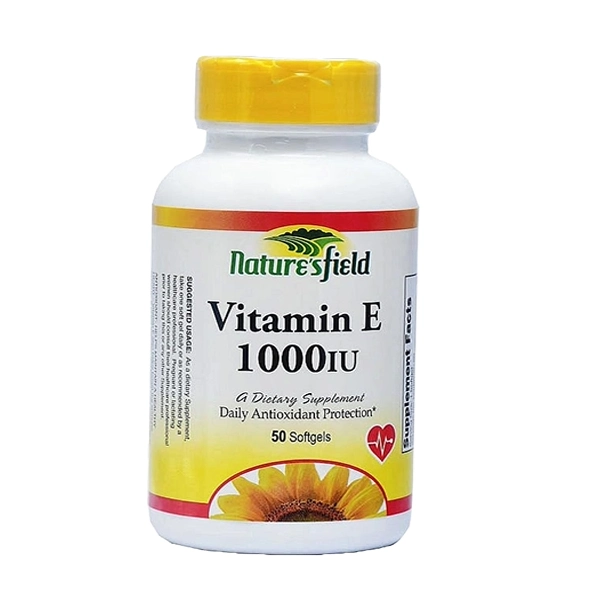
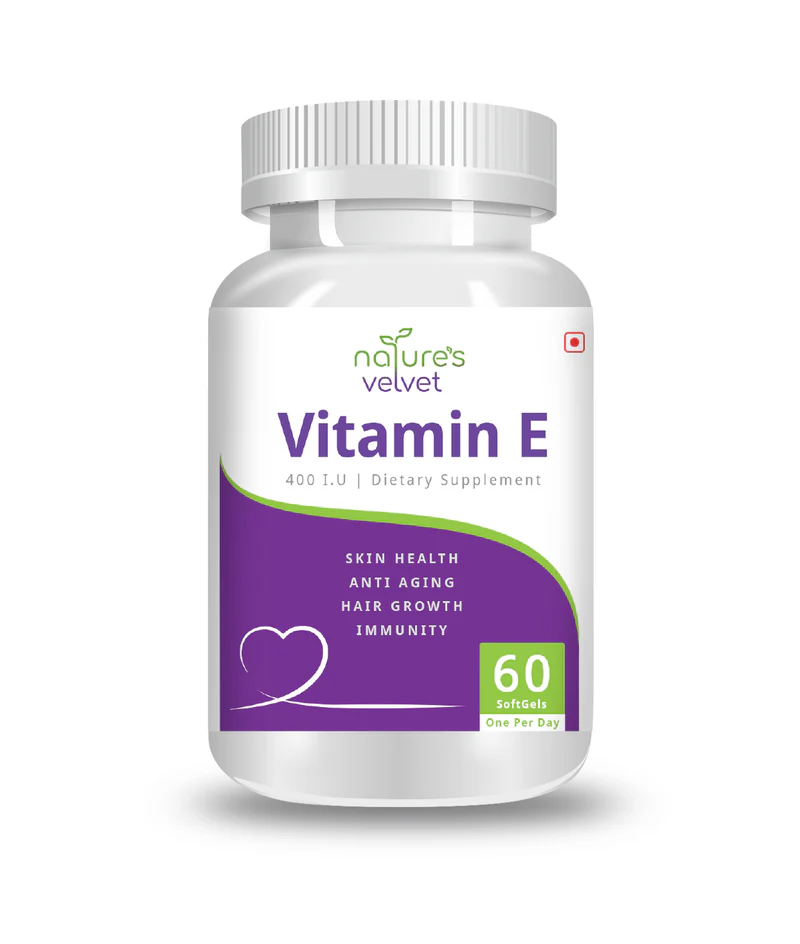
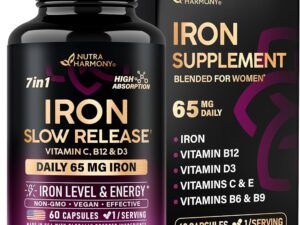
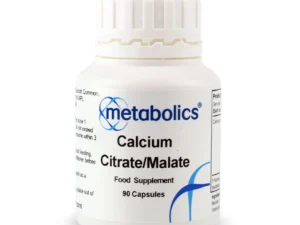
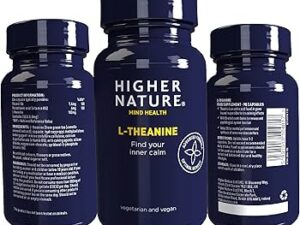

Reviews
There are no reviews yet.